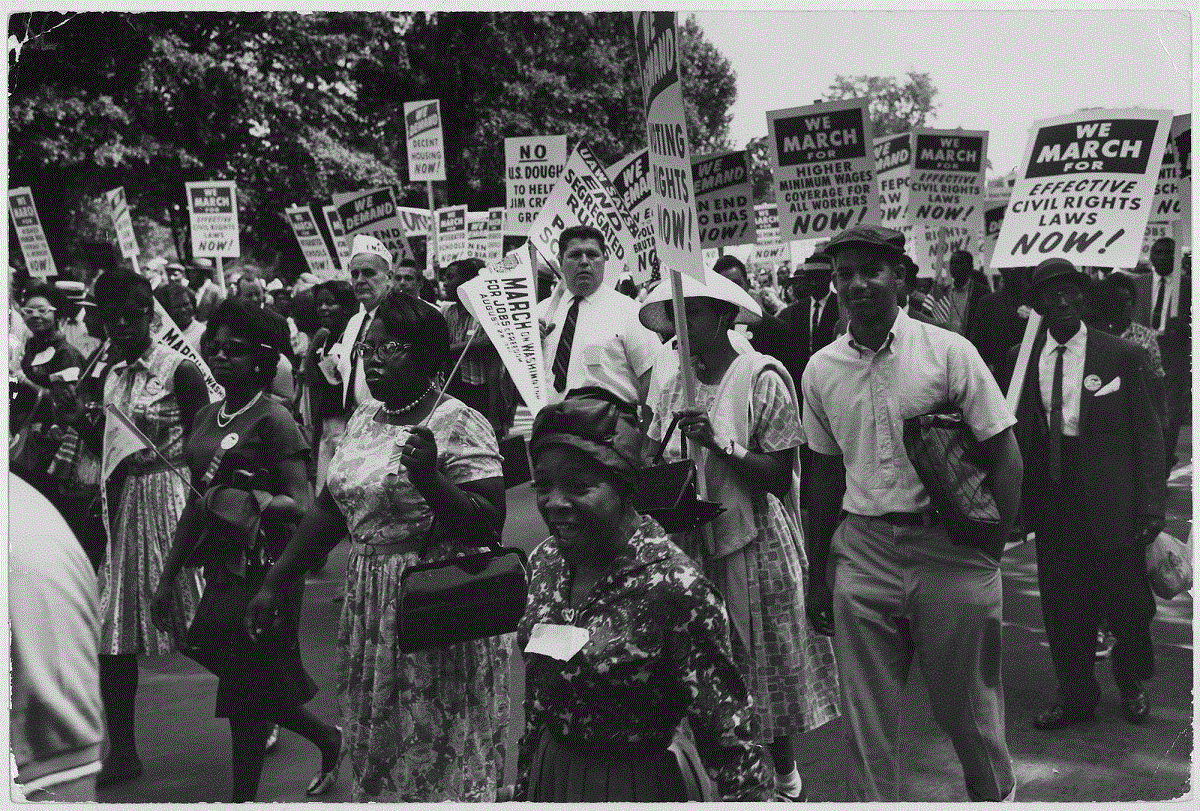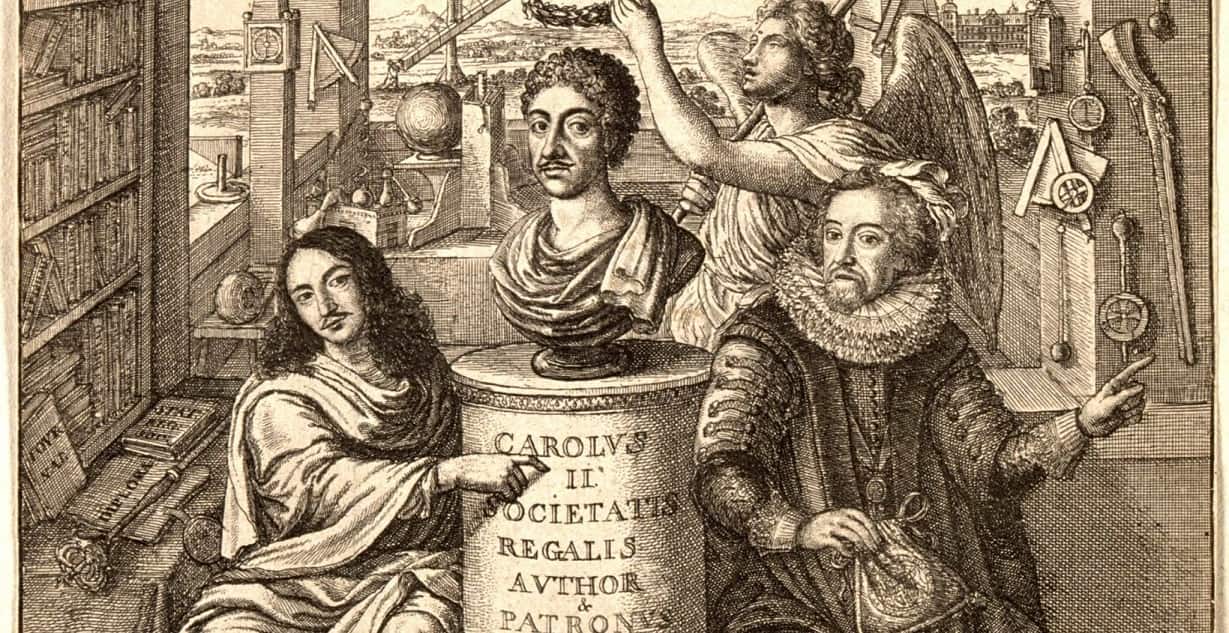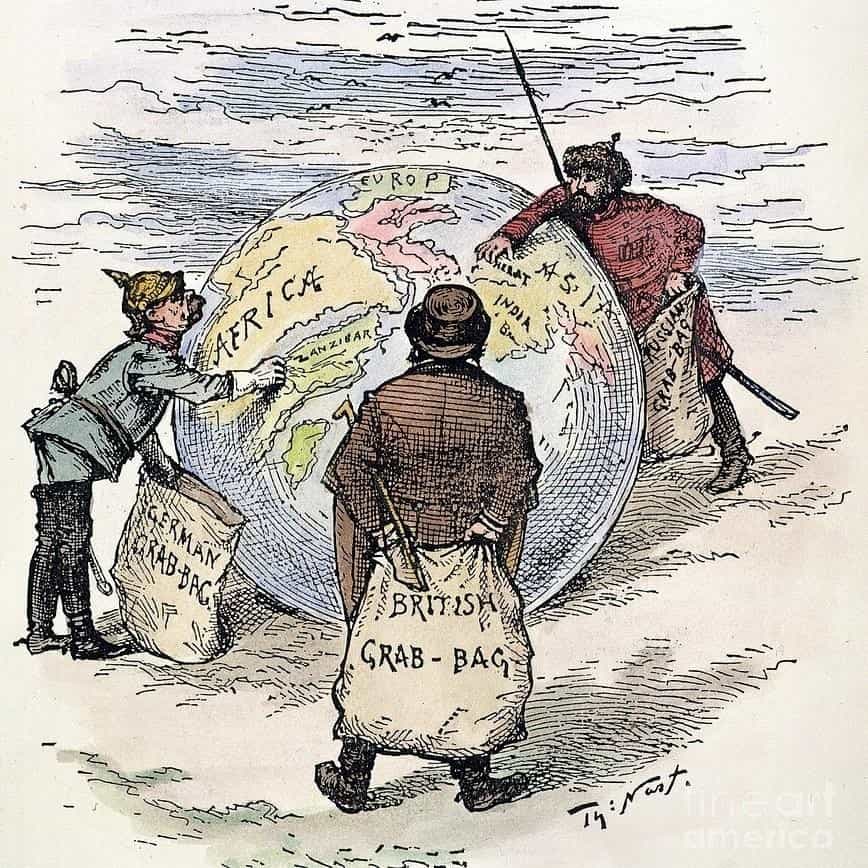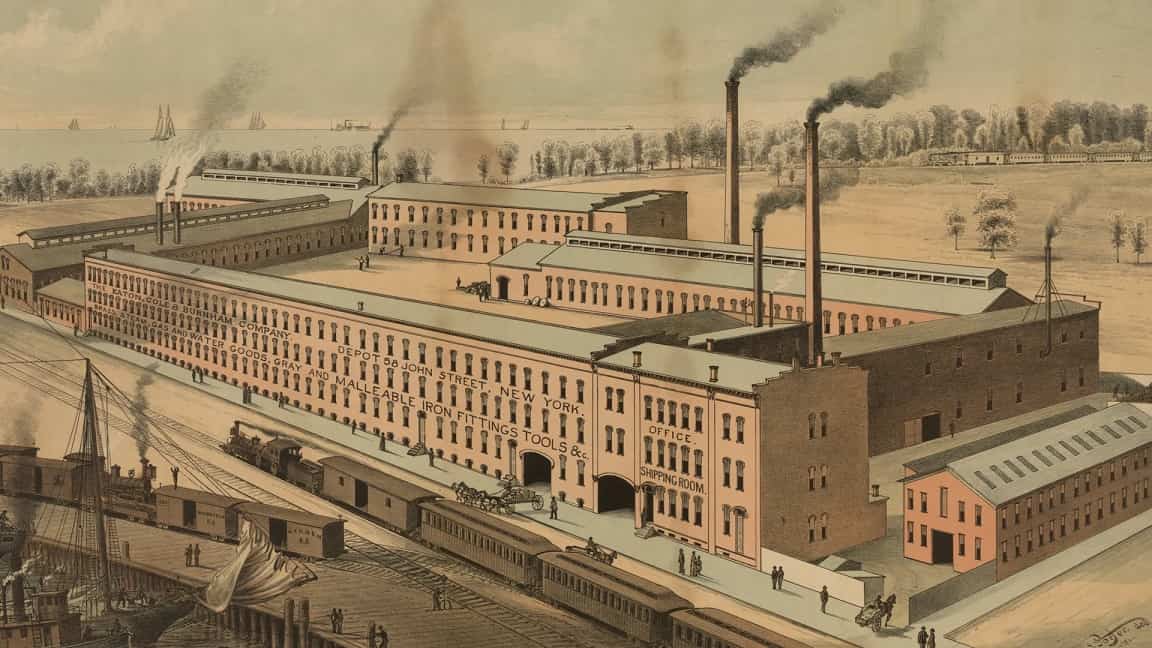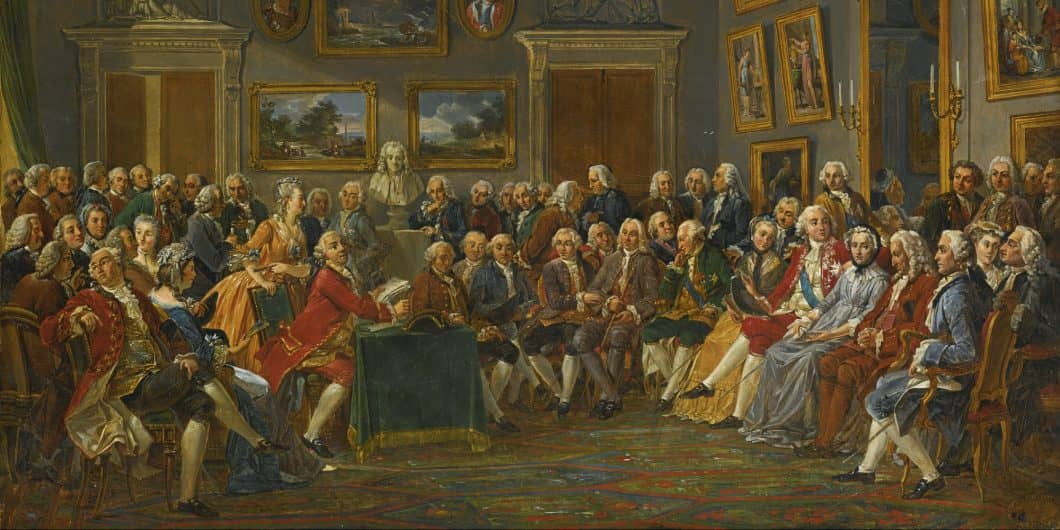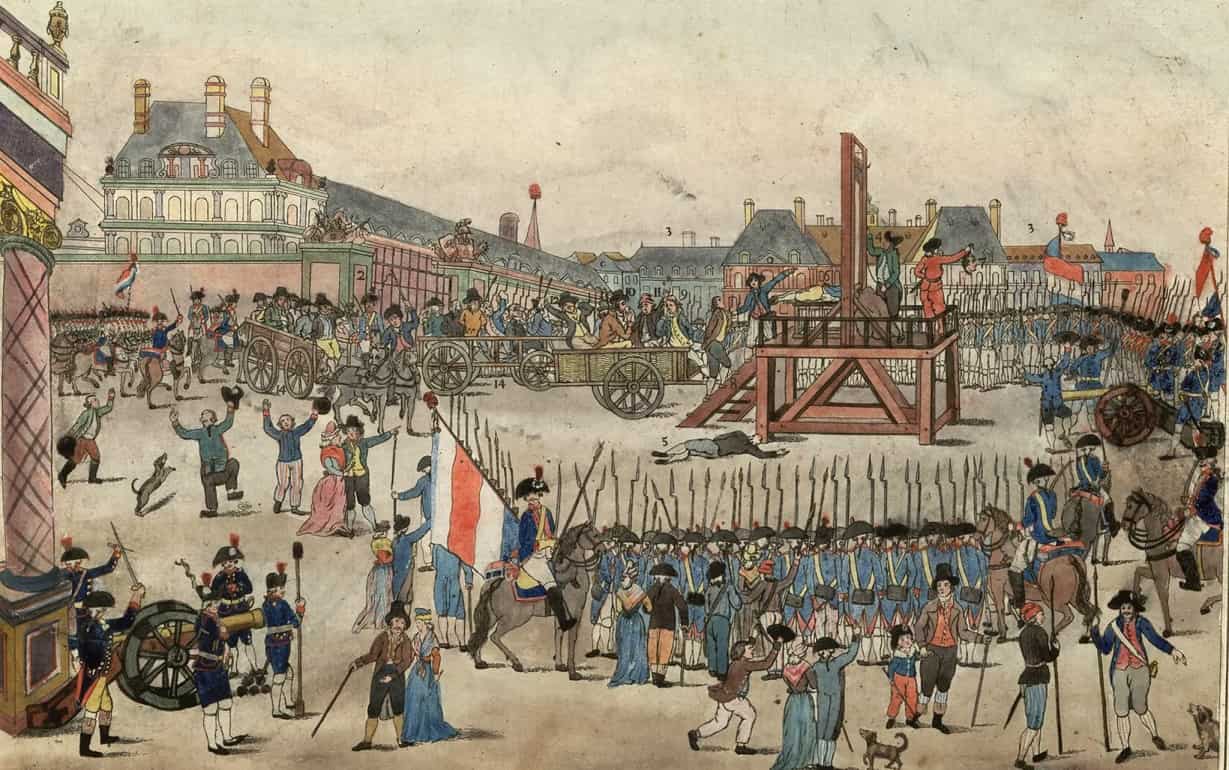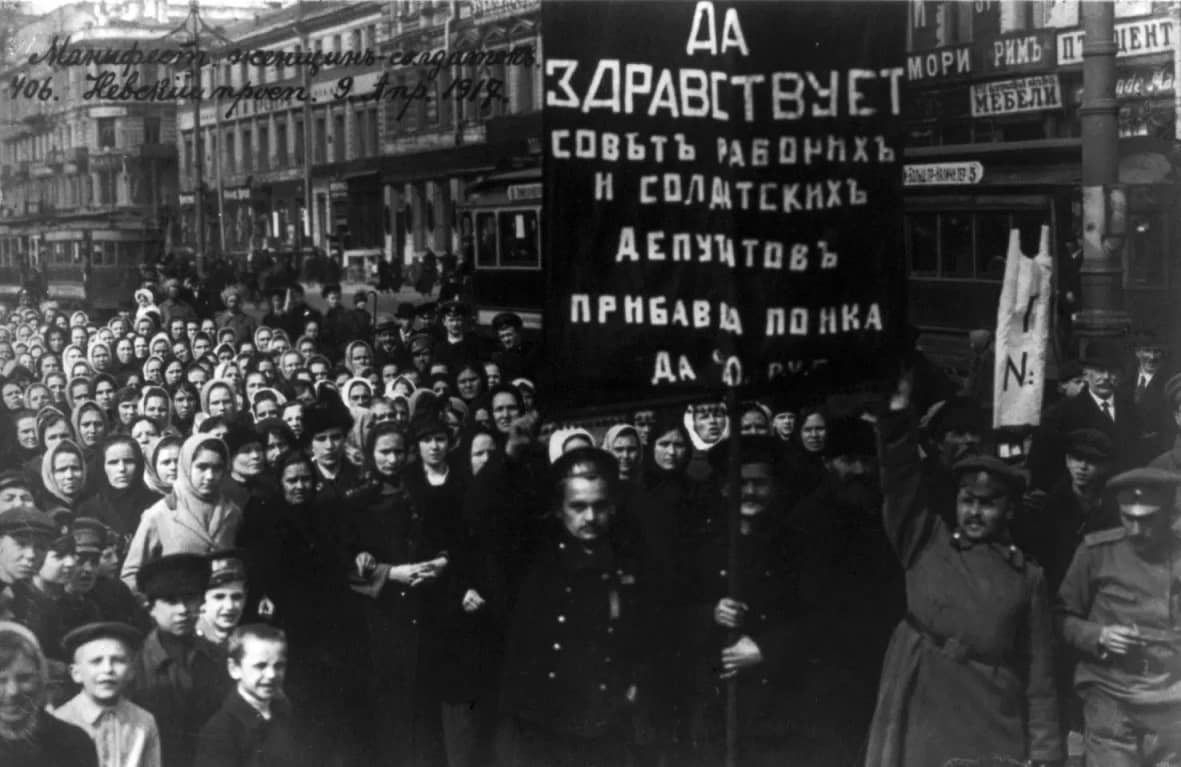World War I, also known as the Great War, was a series of devastating events that took place between 1914 and 1918.
Causes and Effects of World War 1
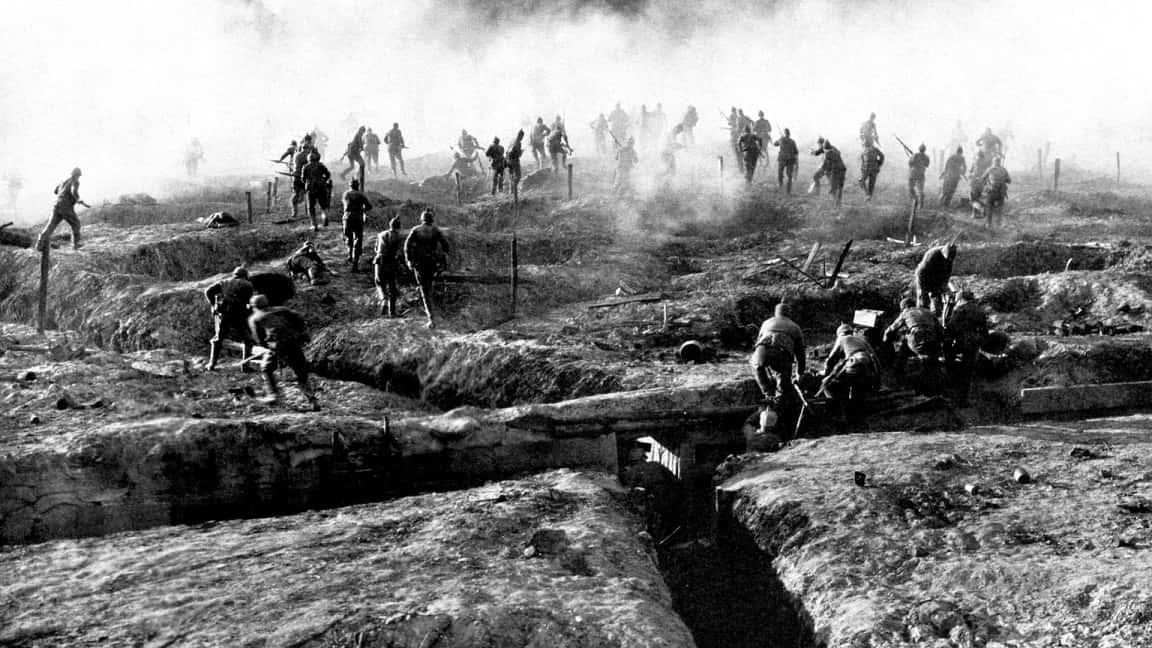
Even today, World War I can create terror and feel horrible, but it was only covered by WWII. A mixture of political, economic, and social factors contributed to the start of this Great War. Historians and philosophers are studying and debating it today.
So, in today’s blog, we’ll explore the causes and effects of World War I and their long-term and short-term outcomes.
Make sure to read till the very end. Let’s get started!
Identifying the causes
In most cases, significant conflicts emerge not only rudely but also because of several other factors that contribute to an unstable environment. World War, a combination of different practices, including economic tensions, territorial disputes, ideological differences, and power struggles, triggered me. These were some pivotal factors that declared the war.
Globalization
At the start of the 19th century, globalization significantly transformed countries into empires through colonization and conquest. During that period, different European empires gained most of the world’s power.
The French and British empires conquered India (formerly Bharat), other African regions, and Vietnam. On the other hand, Austria-Hungary, Germany, and the Ottoman Empire were also deeply affected by this shift in the dominance of WWI.
Nationalism
Nationalism was a key force during World War II. Nationalism was a pivotal force during the Second World War. After the unification of Germany in 1871, there was an upswing in Nationalism, which increased the popularity of the monarchy. Germany now aimed to be recognized as one of the most powerful nations among Europe’s top powers by capitalizing on its newfound national pride.
The spark that ignited World War I can be directly traced back to Serbian Nationalism. Between 1878 and 1914, there was a great desire for a united Serbian state, including territories like BiH. Enhanced nationalist sentiment led to Gavrilo Princip, a Bosnian Serb nationalist, assassinating Archduke Franz Ferdinand in 1914, which greatly heightened tensions and thus started the war.
With these inventions, Gian Domenico Cassini discovered Saturn’s rings, and Johannes Hevelius observed the moon’s surface in detail. More than just tools, they opened doors to previously unknown worlds and catalyzed scientific research.
Alliances
In pre-Great War Europe, alliances formed between nations contributed greatly to the extent of World War I. Some of the biggest alliances included:
- London Treaty—Established in 1839, it was signed by Europe’s major powers at that time (Prussia, France, United Kingdom, Russia, and Austria), The United Kingdom of the Netherlands, and Belgium. It guaranteed Belgium’s independence and neutrality after it broke away from the Netherlands. Because of Germany’s breach of Belgian neutrality in 1914, Britain was forced to enter World War I.
- The dual Alliance-Union was formed between Germany and Austria-Hungary in 1879. The agreement pledged benevolent neutrality between the two nations and intervention if Russia attacked either.
- Franco-Russian Alliance –France helped Russia complete the railways and ports in the late 1880s and early 1890s. The Franco-Russian Alliance was formed to counter German aggression, promising support in case of German aggression.
World War I’s initial causes.
It can be established that the assassination of the Archduke of Austria triggered the declaration of war. After a few weeks of this incident, Austria gave Serbia a request, which was rejected. Austria declared war on Serbia. Germany promised to support Austria because they were part of the alliance. Then, Serbia was endorsed by Russia, which caused other empires to join the war, declaring their alliances with Russia.
The Effects of World War I
While some individual places were actually caught up in the fighting and faced all the immediate consequences, even nations that managed to steer clear of this had to put up with a number of trade problems for years afterwards. One important thing to remember about World War I is that some countries ended it off better than they’d been before it.
The “Lost Generation”
More than 18 million died, and over 20 million were wounded in the so-called Great War. Due to soldiers returning from Europe in 1918, the Spanish Flu, as a result of an outbreak by that name, killed worldwide more than 50 million people.
Division of Nations
The end of the war brought about a huge change in the face of the world map. The Austria-Hungarian Empire collapsed into a number of independent states (Poland, Hungary, Czechoslovakia, Yugoslavia, and Austria), with the defeated Powers paying reparations […] The Ottoman Empire was also replaced with the Republic of Turkey and several other successor states. Latvia, Estonia, Lithuania, and, before this, during the Soviet era, Finland were all placed within the bounds of the Iron Curtain. Under the Treaty of Versailles, Alsace-Lorraine was ceded to France, along with other regions that were redistributed to newly formed countries.
Aftermath of World War 1 in Germany
A new era dawned after the war and the socialist revolution in Germany led to the creation of the Weimar Republic. Within the same period, Germany signed the Treaty of Versailles and took responsibility for the war. Germany was made to pay hefty reparations and see its military apparatus reduced permanently, with its tanks, aircraft, and other war machines destroyed.
Medical and technological advancements
The war encouraged mass production and new medical technologies to compete with the intention of gaining an edge militarily. Military submarines, aircraft, and weaponry were modernized during this time, which led to substantial technological development and, thus, thrust society forward. In addition, blood banks and skin grafts were introduced to help veterans and new combat injuries in the war. They were instrumental in shaping modern surgery and transforming myriad other sectors.
America’s rise
After the war, when all of Europe’s major powers were left politically and economically weakened, the United States took on the role of the largest creditor nation in the world. The U.S. was also instrumental in setting up the League of Nations, which started to gain traction as an important force on the world stage. Through these and other foreign policy measures, it actively worked to promote disarmament and monetary stability in Europe.

